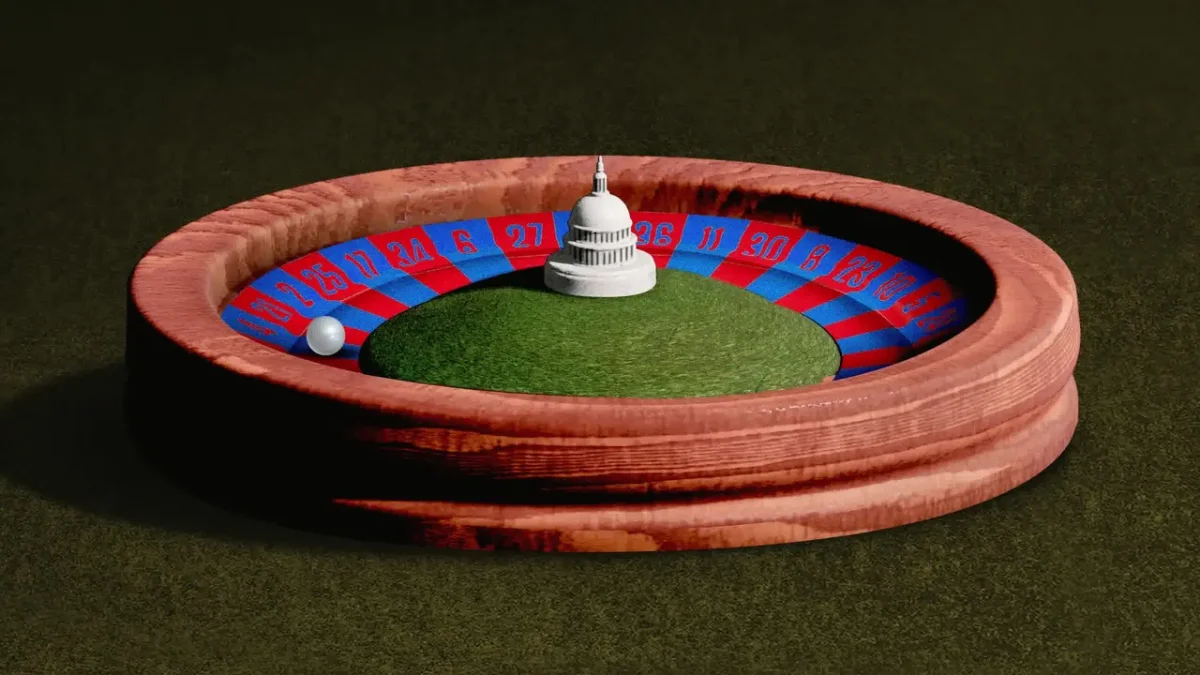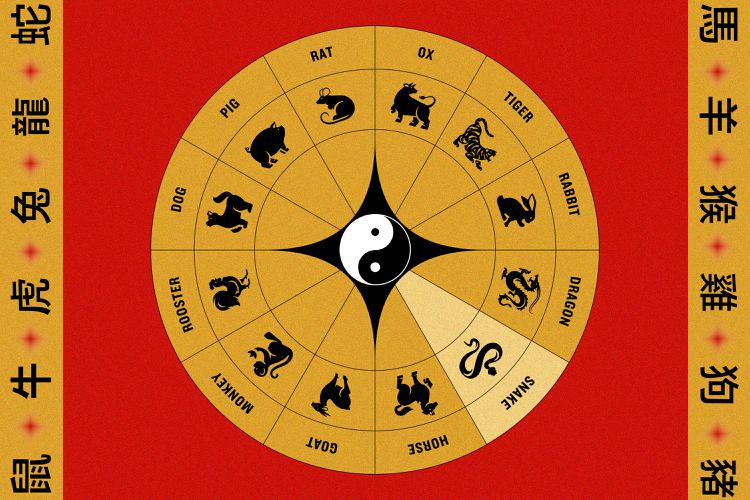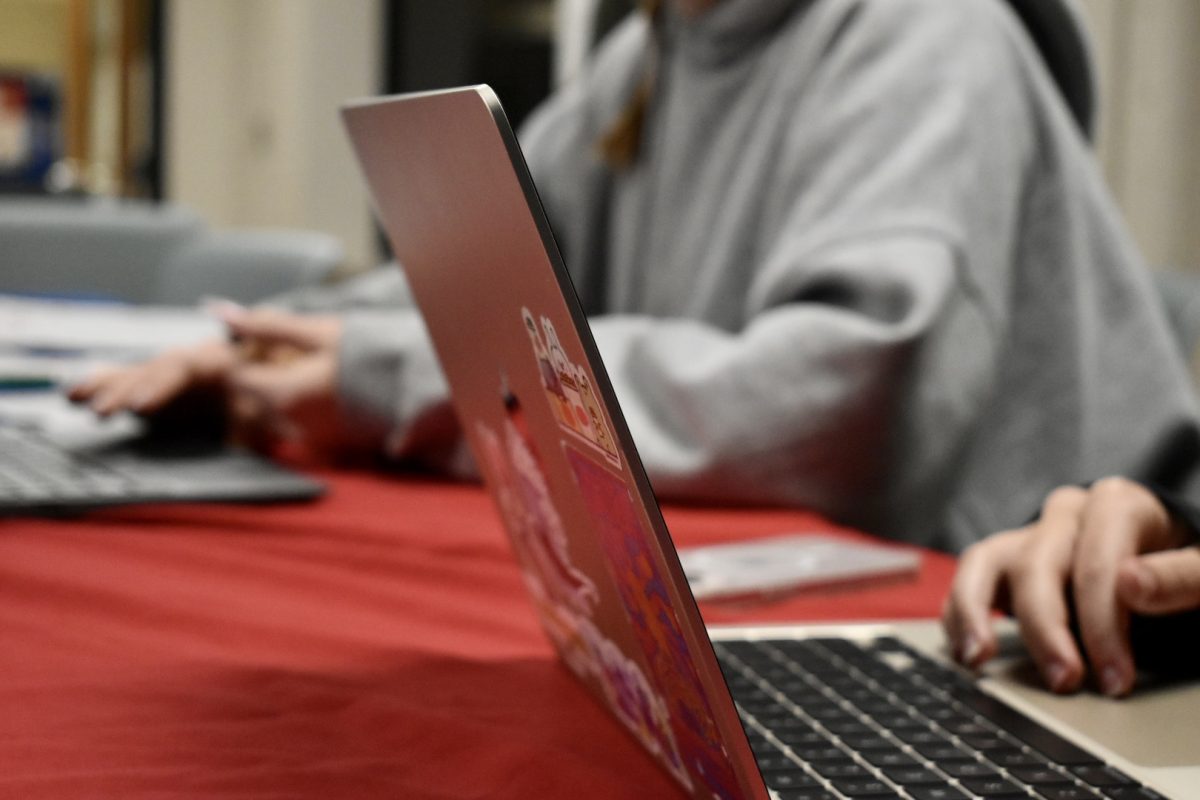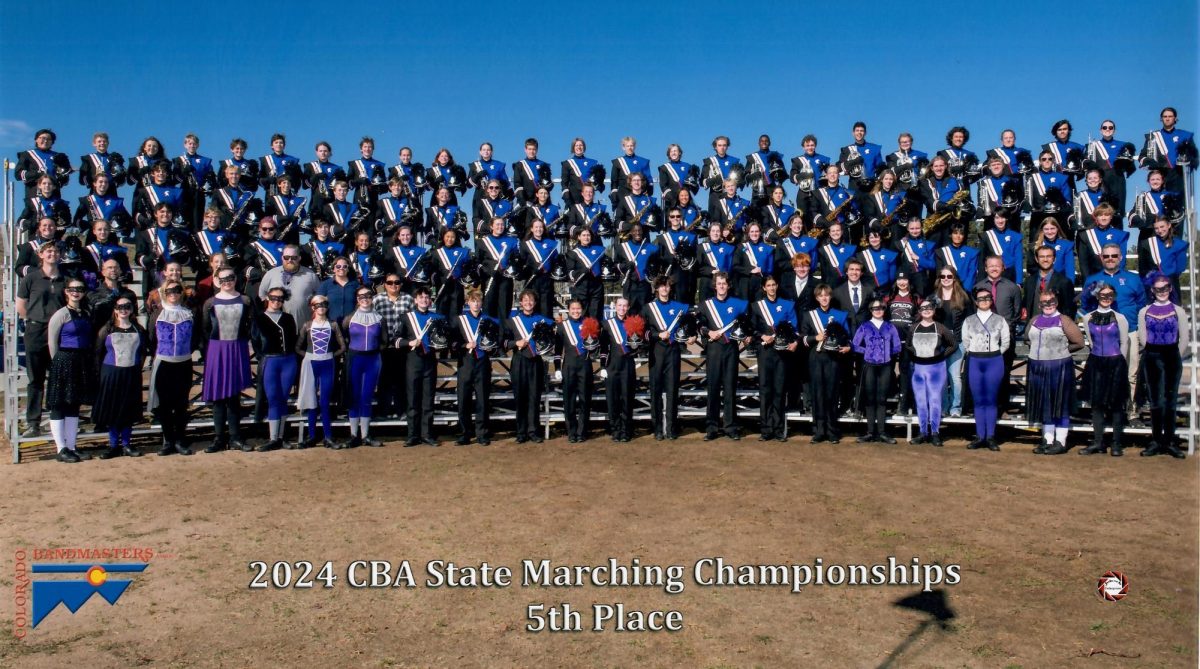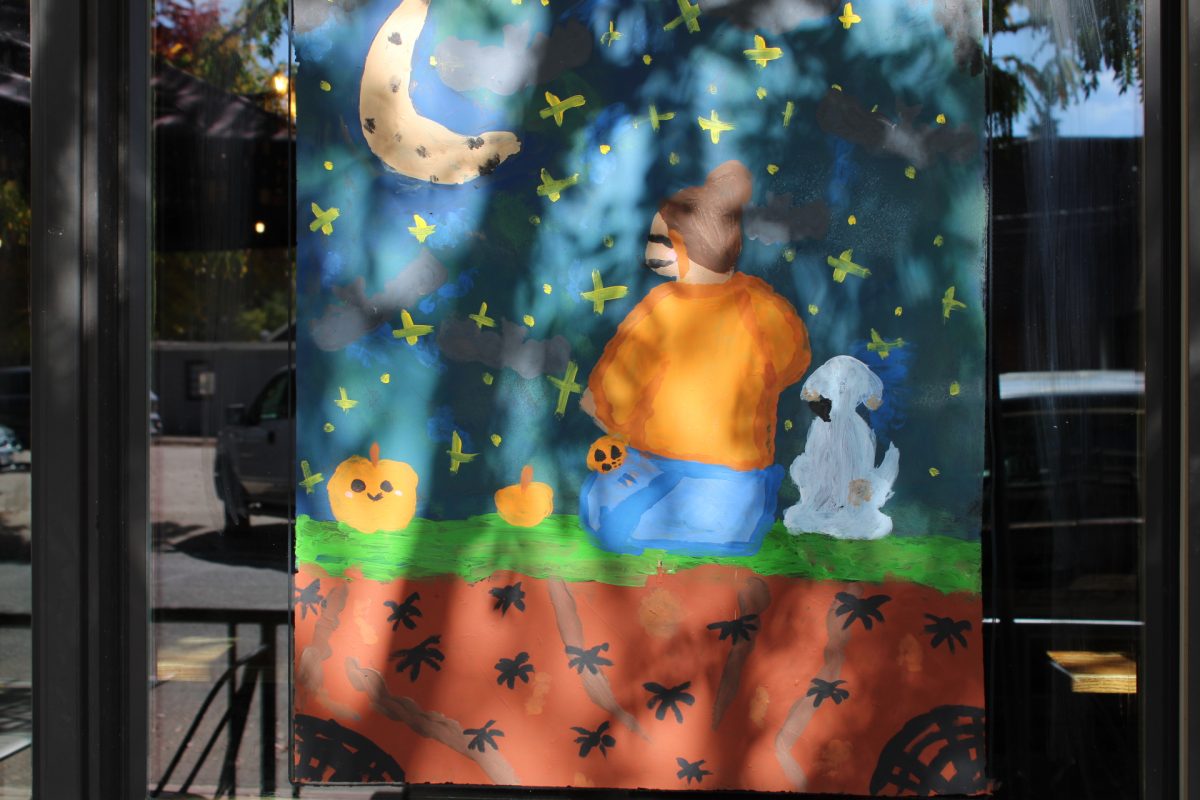Gambling is a controversial topic; it is almost as old as time itself, being found in ancient China, ancient Egypt, and Rome. In recent years, after a 2018 Supreme Court decision, sport betting has been allowed in most states, including Colorado. Of course, there were implications to this. Many people around the time debated whether this was a good idea. Some argued it can bankrupt people who become addicted, while lining the pockets of rich casino owners. At the same time, others argued people have a right to choose how they spend their hard earned money. Ultimately, proposition DD, legalizing sports betting, narrowly passed in 2019 by about 1.41%, or 22,000 votes.
Recently, just before the 2024 presidential election, a similar controversy emerged. Political betting. A district court allowed Kalshi, a betting website, to offer political bets. For example, placing bets on the outcome of the 2024 presidential election. There are both positive and negative implications regarding this decision.
First, the positives stemming from this decision: political gambling has been present in the US for a long time, whether it was legal or not, and platforms like Kalshi allow for safer and more regulated betting. The CEO of Kalshi has said that there is minimal risk to betting, as Kalshi is regulated by the federal government, which would stop anyone from trying to manipulate the betting markets. Also, similar to sports betting, many argue that people should be free to spend the money however they want, especially if the only person they could hurt is themselves. Another positive of political gambling could include increased political participation.
However, there is an opposite side to this. With any form of gambling, there are moral objections. Many claim that it fundamentally takes advantage of poorer people. Others argue that the fundamental nature gambling is wrong, and the US should not allow yet another form of it. There are also other arguments asserting that political betting can influence election results. Just before the election, the markets on Kalshi heavily favored Trump, which raised some eyebrows and led people to ask how accurate its market really was. Also, if a person were to bet a huge amount of money, even if they were caught and stopped, it would create a boost in momentum for the candidate who was bet on. Candidates who look to be in a winning position typically gain more support. Lastly, these websites create a corrupt incentive for voters, who might vote differently based on what bet they made. This side argues that voting should never be for-profit.
There are many arguments for and against this new form of gambling, and the power is still in the peoples’ hands. If you care about this policy, contact your representatives and/or protest. Whether you care about the free market or getting money out of elections, even if it seems small now, political gambling will play an important role in future elections.
SOURCES:
“Colorado Proposition DD, Legalize Sports Betting with Tax Revenue for Water Projects Measure (2019).” Ballotpedia, ballotpedia.org/Colorado_Proposition_DD,_Legalize_Sports_Betting_with_Tax_Revenue_for_Water_Projects_Measure_(2019). Accessed 31 Jan. 2025.
Garrett, Luke. “Americans Bet $100 Million on Trump v. Harris, but at What Cost?” NPR, 30 Oct. 2024, www.npr.org/2024/10/29/nx-s1-5132616/election-day-betting-trump-harris.
Cheung, Brian, et al. “Election Betting Is Newly Legal — and Risks Getting Confused with Polls.” NBC News, Nov. 2024, www.nbcnews.com/politics/2024-election/election-betting-newly-legal-risks-getting-confused-polls-rcna177880.
Glimne, Dan. “Gambling – History.” Encyclopedia Britannica, 29 Oct. 2024, www.britannica.com/topic/gambling/History.


